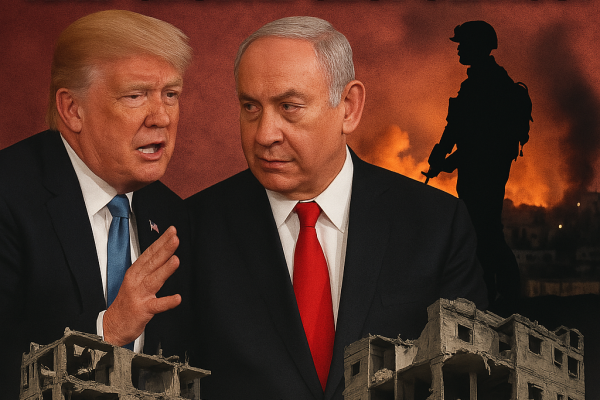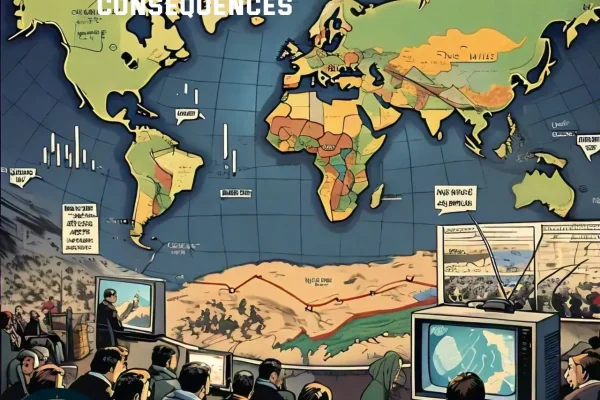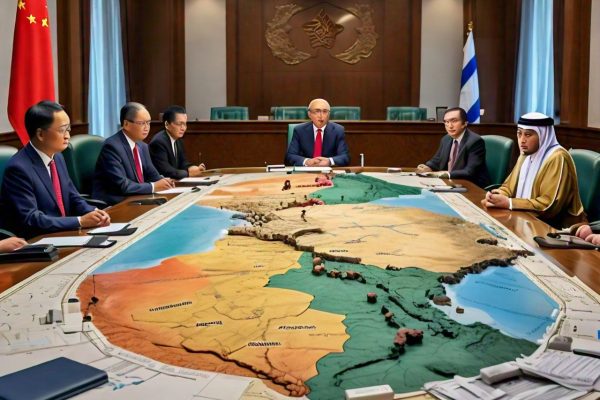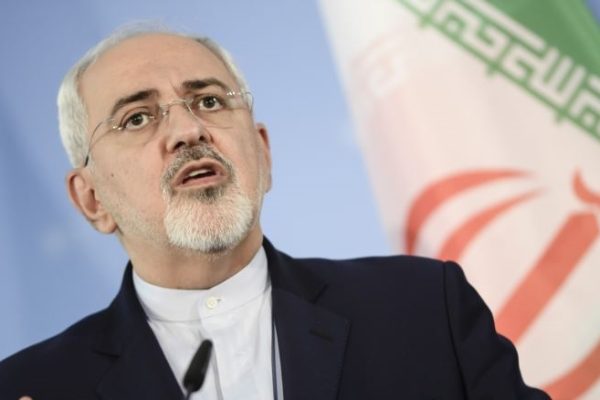
The Gaza Strip, Real Estate Mafia, and Global Geopolitics: A Complex Web of Conflict, Corruption, and Power Plays
The Gaza Strip, a small but densely populated region, is often associated with political turmoil, humanitarian crises, and complex socio-economic challenges. However, beneath the surface of conflict lies another pervasive issue: the real estate mafia. With the region’s already fragile economy and ongoing political instability, the real estate mafia plays a disturbing role in exacerbating these challenges. This article will examine the situation in the Gaza Strip, raising critical questions about the role of real estate corruption, the impacts of trade wars, and how these forces influence land acquisition, property development, and the livelihoods of ordinary citizens in the region.
















